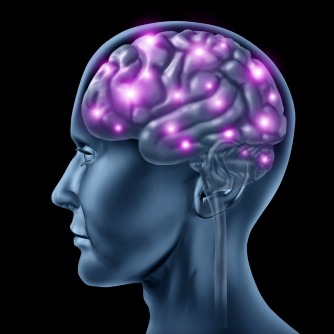HOW TO CHANGE THE PERFORMANCE OF THE BRAIN WITH AGE
Supplements for mental well-being

Previous studies suggest that the ability of attention varies throughout the day according to the circadian rhythm, which, in turn, undergoes variations over time.
John Anderson, University of Toronto (Canada), and colleagues enrolled 16 adults aged between 19 and 30 years and 16 adults aged between 60 and 82 years to participate in a series of memory tests. During the tests, carried out in an afternoon slot, the participants' brains were scanned with fMRI allows researchers to identify which areas of the brain are activated.
Older adults were found to be 10% more likely to pay attention to distractions compared with younger adults who have been able to successfully focus and block out distractions.
The fMRI data confirmed that older adults showed substantially less commitment of attentional control areas of the brain compared with younger adults.
In fact, older adults were at the "minimum" in the activations (a set of regions that are first in line when a person is at rest or not thinking about nothing in particular), which indicates that they were having great difficulty in making fire. When a person is fully engaged with the focus, the activation state of rest are suppressed.
When 18 older adults were tested in the morning had the best performances. They suffered fewer distractions than their peers tested in afternoon hours.
The researchers concluded: "Older adults tested in the morning have a function to activate cognitive control regions more similar to that activated by young adults (rostral prefrontal and superior parietal cortex), whereas older adults examined in afternoon they have a very different response. The degree to which participants were able to activate the control regions is correlated with the ability to suppress distracting information and depends on both the circadian cycle, and age."
Source: Worldhealth
Supplements for mental well-being
